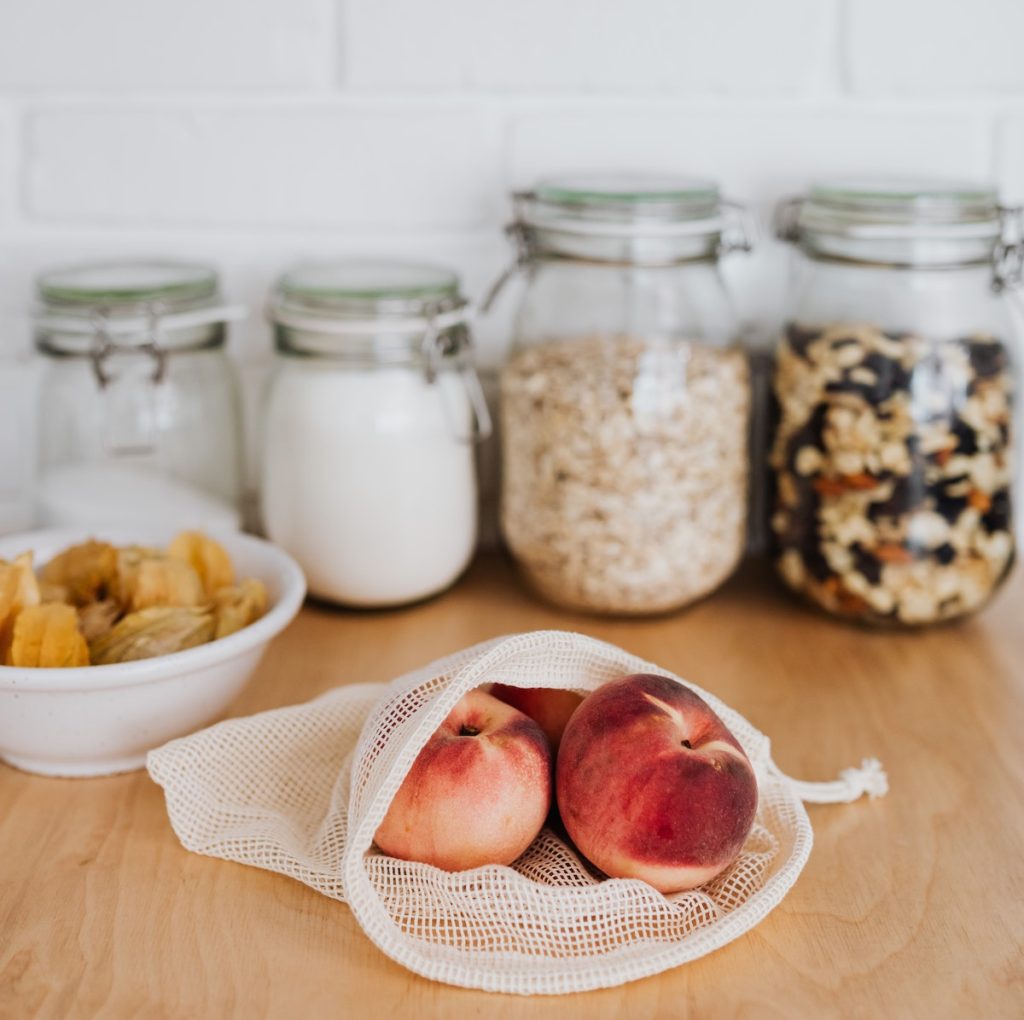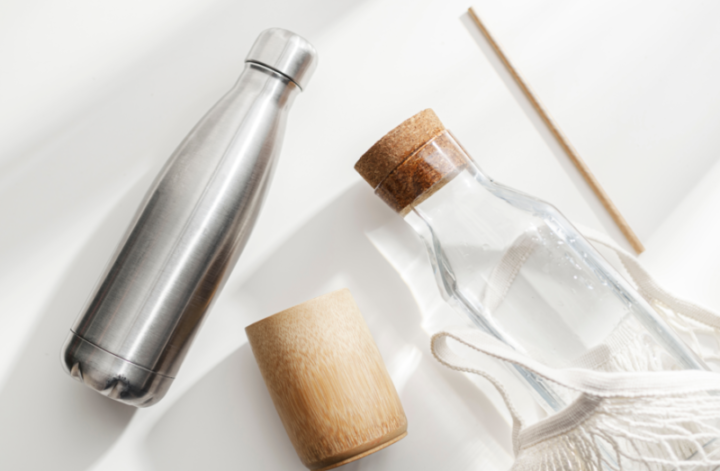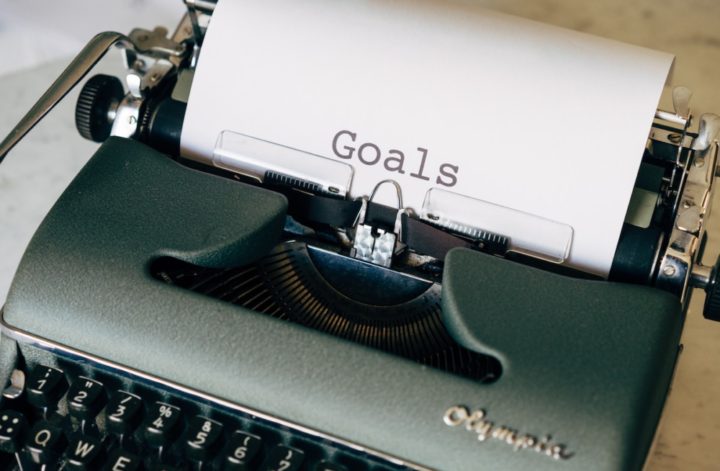Plastics have been around since the late 1800s and entered the mainstream consumer market in 1950 in textiles, fashion and toys. The revolutionary plastic shopping bag was brought to life in the 1960s and was quickly adopted by the world as a lightweight, versatile alternative to paper and cotton shopping bags.
At the time, scientists, governments and communities didn’t foresee the impact plastics would have on the environment and humanity. However, many now know plastics affect human health, our food supply and the natural environment.
What is Plastic Free July and Why is it Important?
Plastic Free July is a global movement that started in 2011 to raise awareness and work towards reducing our single-use plastics use to achieve the goal of living in a plastic waste free world.
An estimated 380 million tonnes of plastic are produced every year. Of this, approximately 50% is for single-use. Even worse, approximately 8 million tonnes of plastic enter our marine environment from land-based sources every year, equivalent to dumping a garbage truck full of plastic into the oceans every minute.
Working towards the goal of reducing single-use plastics means implementing the principles at the top of the zero waste hierarchy: Refuse, Reduce and Reuse.
Plastics are showing up everywhere, on beaches, oceans and our food chain. Plastic Free July aims to reduce single-use plastic to combat plastic pollution.

Plan your Plastic Free July for:
Here’s my list of over 20 ways you can successfully plan plastic out of your daily routine. Remember, just like anything, the more prepared we are to change our current habits is based on how clear the goals we set for ourselves are.
On the go
- Create a zero waste kit: This is a to-go kit made up of reusable items so you can always refuse single-use items. The contents of the kit are unique to each person, here are some suggestions.
- Reusable tote bags: Place your reusable tote bags in a convenient location so you’ll never forget to grab them for your next shopping trip.
- Reusable water bottles: Single-use water containers are a huge waste of raw materials and energy, no matter what they’re made of. In most cases, they’re completely unnecessary (except in emergencies or communities where clean water is not accessible).
- Takeaway in reusable containers: When ordering takeaway, ask the business to package your food in your reusable container (just make sure it’s clean). Or order takeaway from restaurants participating in reusable container programs.
- Join a plastic free challenge: Need help with accountability or want to connect with others sharing your passion for the environment? Join a plastic free challenge!
In the kitchen
- Buy naked fruits and vegetables: Opt for naked produce (oranges, apples, potatoes, etc.) when shopping.
- Research local bulk food stores: Know where your local bulk shops are located so you can plan your next visit.
- Switch to reusable tea bags: Surprisingly, some tea bags contain plastic. Opt for loose tea using a reusable tea bag or simply use a french press or strainer.
- Reusable food wraps: Ditch the single-use cling wrap for reusable, naturally antimicrobial, breathable and compostable food wraps.
- Ditch plastic wrapped snacks: Customize your trail mix with ingredients from your local bulk store or try a new fat bomb, granola bar, chocolate or cracker recipe – the options are endless!
- Reusable produce/bulk bags: Reusable bags can be made from old clothing, towels, or bed linens. Store your bags in a convenient location so you’ll remember to bring them on your next grocery trip!
In the bathroom
- Bar soap: Making the switch from liquid to bar soap eliminates the need for a plastic bottle and eliminates excess water, reducing the overall volume and weight of the soap, thus reducing transportation emissions.
- Shampoo and conditioner bars: Swap out your liquid shampoo and conditioner sold in plastic bottles for bars, sometimes sold package free!
- Reusable menstrual products: Feminine products contain plastic and are super wasteful. Reusable menstrual cups and period underwear are great, safe alternatives.
- Safety razors: A great reusable alternative to plastic disposable razors and blades. The safety razor blades can be returned via a take-back program or recycled (check your local recycling program).
For the advocate
- Commit to no new things – Plastics are in majority of the products we buy. Reduce the amount of plastic you buy with no new things for the month of July.
- Inspire: Bring awareness to the plastic pollution problem by talking with your friends, family and community.
- Educate: Encourage action on how to reduce single-use plastic. Such as host workshops, attend community events or city meetings to spread the word
- Promote plastic free challenges: Get your community involved by promoting the Plastic Free July challenge or creating your own.
- Donate: Have a couple of extra dollars and a favourite organization working to clean up or reduce plastics? Supporting organizations working to reduce plastic pollution will help them continue their efforts.
- Get involved: Volunteer in your community as a way to connect with other sustainability focused people and spread awareness!
- Host a beach, park or neighbourhood clean-up
- Help take care of your community gardens
- Contact businesses: Have a favourite product but don’t like the packaging? Reach out to the business via email, social media or their website and let them know.




